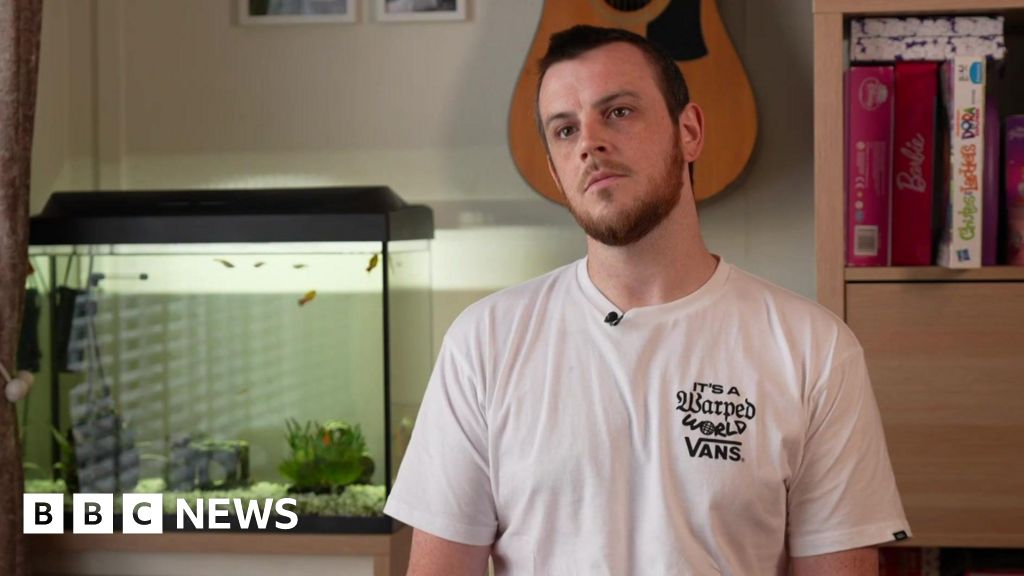Lithuania Appoints Finance Minister as Interim PM Amidst Government Transition

Lithuania Navigates Government Shift with Finance Minister at the Helm
Lithuania is currently undergoing a period of governmental transition following the recent resignation of Prime Minister Gintautas Paluckas. In a move announced on Monday, President Gitanas Nausėda has appointed Finance Minister Rimantas Šadžius as the acting prime minister. This interim arrangement will remain in place until a new, fully formed cabinet is officially sworn in.
The sudden departure of Paluckas has left a void in leadership, prompting the President to swiftly act to ensure stability and continuity in governance. Šadžius, already a familiar face in Lithuanian politics and a seasoned economist, brings a wealth of experience to the role. His background in finance is particularly relevant during a time of ongoing economic considerations and potential adjustments.
Why the Change? Understanding the Context
While the specific reasons for Paluckas's resignation haven't been fully detailed, such transitions are not uncommon in parliamentary democracies. They can stem from a variety of factors, including disagreements within the ruling coalition, loss of confidence within the parliament, or personal reasons. Regardless of the cause, the President's decision to appoint an experienced figure like Šadžius signals a desire to maintain a steady course during this period of change.
Rimantas Šadžius: What to Expect from the Interim PM
As the acting prime minister, Šadžius's primary responsibilities will be to manage the day-to-day affairs of the government and ensure the smooth functioning of public services. He will likely focus on maintaining economic stability, addressing any pressing national issues, and preparing the groundwork for the incoming cabinet. While he won't be making major policy decisions, his role is crucial in preventing any disruption to the country's operations.
The Road Ahead: Forming a New Cabinet
The immediate focus now shifts to the process of forming a new, permanent cabinet. President Nausėda will be consulting with various political parties to gauge support and explore potential coalition options. This process can be complex and may take some time, as parties negotiate and seek to secure key ministerial positions. The public will be closely watching these developments, eager to see what the new government will look like and what policies it will pursue.
The appointment of Rimantas Šadžius as acting prime minister provides a period of stability as Lithuania navigates this governmental transition. His experience and competence will be vital in ensuring a smooth handover and setting the stage for a new era of leadership in the country. The coming weeks will be critical as the nation looks towards the formation of a new, fully functional government.
Stay tuned for further updates on this developing story.






